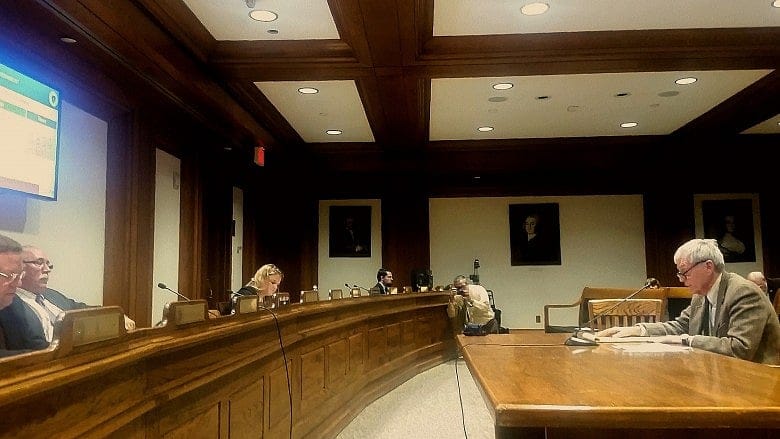Sanctuary city defenders decry bill to block state aid

BOSTON – Sanctuary city defenders from current and ex-state lawmakers to faith leaders, immigrant-rights advocates, a pediatrician and former American Civil Liberties Union of Massachusetts leader all lined up Thursday to deliver impassioned remarks in opposition to the latest version of a bill that seeks to penalize these communities by stripping them of state aid.
"I have rarely seen a more vague or problematic piece of legislation as H 1856," said John Roberts, the former executive director of the state ACLU, referring to the bill introduced by Rep. Marc Lombardo (R-Billerica). "What federal immigration laws are local authorities required or even legally allowed to enforce?"

